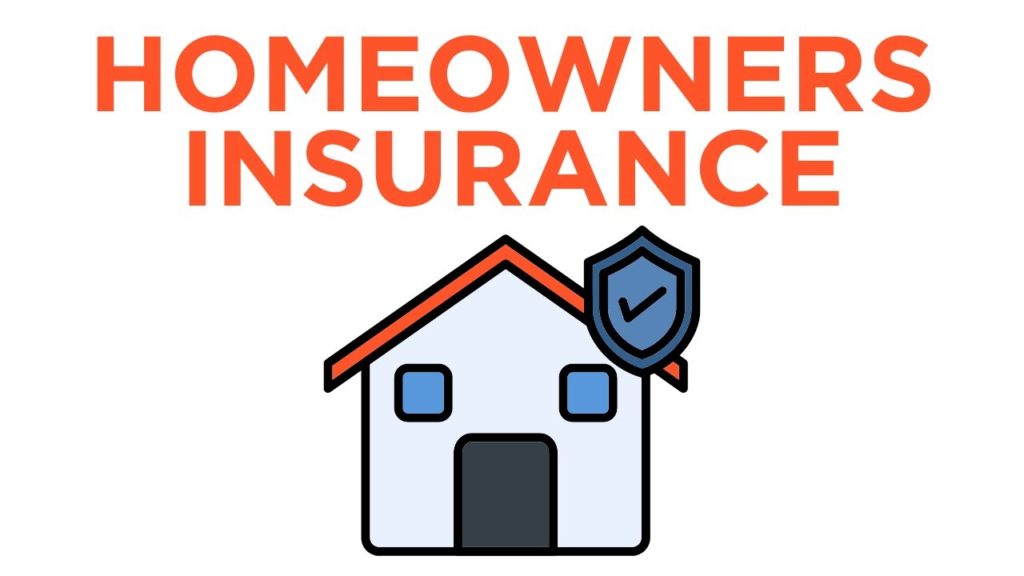What Is The Most Important Thing In Homeowners Insurance?

Homeowners insurance is a critical safeguard for one of your most valuable assets—your home. It provides financial protection against a variety of risks, ensuring that you are covered in the event of damage, theft, or liability claims. Understanding the key components and the most important aspects of homeowners insurance can help you make informed decisions and secure the right coverage for your needs.
1. Dwelling Coverage:
The most important component of homeowners insurance is often the dwelling coverage. This part of the policy covers the structure of your home, including the walls, roof, and built-in appliances, against risks such as fire, windstorms, hail, and other covered perils. Ensuring that your dwelling coverage is sufficient to rebuild your home from the ground up is crucial. This means considering the replacement cost, not just the market value, to ensure you have adequate protection in the event of a total loss.
2. Personal Property Coverage:
Personal property coverage is another vital aspect of homeowners insurance. This part of the policy protects your personal belongings, such as furniture, electronics, clothing, and other items, against covered perils like theft, fire, and vandalism. It’s important to take an inventory of your possessions and assess their value to ensure your policy limits are sufficient to cover the replacement cost of your belongings. High-value items like jewelry, art, or collectibles may require additional endorsements for full coverage.
3. Liability Protection:
Liability protection is essential in homeowners insurance. It covers you against lawsuits for bodily injury or property damage that you or family members cause to others. This can include incidents like a guest getting injured on your property or accidentally causing damage to a neighbor’s property. Liability coverage also helps with legal defense costs if you are sued. Ensuring you have adequate liability limits is critical to protecting your financial well-being from potentially devastating claims.
4. Additional Living Expenses (ALE):
Additional Living Expenses (ALE) coverage, also known as loss of use coverage, provides for extra costs if you are temporarily displaced from your home due to a covered loss. This includes expenses such as hotel bills, restaurant meals, and other living costs incurred while your home is being repaired or rebuilt. ALE ensures that you can maintain your standard of living during a disruptive event without suffering financial hardship.
5. Understanding Policy Exclusions:
Equally important to what is covered by your homeowners insurance is understanding what is not covered. Standard homeowners policies typically exclude certain risks such as floods, earthquakes, and sewer backups. Knowing these exclusions is crucial because it allows you to assess whether you need additional policies or endorsements to cover these gaps. For example, if you live in a flood-prone area, purchasing separate flood insurance is necessary to protect against flood-related damages.
6. Deductibles and Premiums:
Understanding how deductibles and premiums work is important in homeowners insurance. The deductible is the amount you pay out of pocket before your insurance kicks in. Choosing a higher deductible can lower your premiums, but it also means more out-of-pocket costs in the event of a claim. Balancing deductible levels with affordable premium payments ensures that your policy remains financially manageable while providing adequate protection.
7. Replacement Cost vs. Actual Cash Value:
When insuring your home and personal property, it’s important to know whether your policy provides coverage based on replacement cost or actual cash value (ACV). Replacement cost coverage reimburses you for the cost of replacing damaged or stolen items with new ones of similar kind and quality, without deducting for depreciation. ACV, on the other hand, reimburses you for the depreciated value of the items. Replacement cost coverage is generally preferable as it provides more comprehensive protection.
8. Endorsements and Riders:
Endorsements and riders allow you to customize your homeowners insurance to better fit your needs. These are additional coverages that can be added to your policy to cover specific risks or valuable items not included in the standard policy. Examples include water backup coverage, increased limits for valuable personal property, and identity theft coverage. Assessing your unique needs and adding appropriate endorsements can enhance your overall protection.
Conclusion:
The most important thing in homeowners insurance is ensuring comprehensive and adequate coverage for your home, personal property, liability, and additional living expenses. Dwelling coverage is paramount, but personal property, liability protection, and ALE are also crucial components. Understanding policy exclusions, choosing appropriate deductibles and premiums, opting for replacement cost coverage, and customizing your policy with endorsements can further enhance your protection. By thoroughly assessing your insurance needs and regularly reviewing your policy, you can ensure that your homeowners insurance provides robust protection against a wide range of risks, offering peace of mind and financial security.